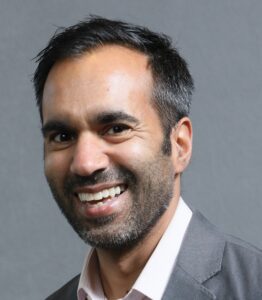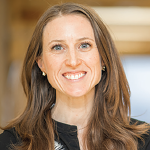“Most of us [pediatric rheumatologists] feel the impact of the workforce shortage on a daily basis when we practice clinical medicine,” she says, citing, for example, the long wait times to see new patients.
Long wait times to see a provider cause stress and anxiety for patients, particularly new ones, and can sometimes result in worsening disease, says Dr. Correll. For established patients, scheduling timely follow-up appointments can be challenging.
Because so many states have no pediatric rheumatologists and in others the only pediatric providers are in large urban areas, distance complicates scheduling and timely access to care. For example, all new and return English-speaking parents/guardians of patients visiting a single center in Minneapolis were surveyed over a period of six weeks to assess barriers to care. In this study, Bullock et al. found that 28% of the parents (45/159) reported traveling more than three hours to the pediatric rheumatology clinic. Forty-three percent (65/152) reported travel as inconvenient.6
Thus, patients and rheumatologists face a twofold and growing problem: there are too few pediatric rheumatology providers to care for the growing number of children with rheumatic conditions, and significant areas of the country have no pediatric rheumatologists at all.
Closing the Gap
Closing the gap between the number of providers and the number of children in need of care will take some creative solutions.
“The challenge is how many people are coming into the field every year,” says Dr. Mehta. “There are only about 20 matched fellows each year, meaning 20 people are entering the workforce. If there were no retirement, then we wouldn’t close the gap for over 11 years. The problem is that there is a significant number of retirees every year, so we are unlikely to close that gap.”
Although residents and fellows trained in adult rheumatology receive some training in pediatric rheumatologic diseases, the training and exposure is minimal and not nearly sufficient to understand the complexities of pediatric rheumatologic health.
“Many medical students don’t know that rheumatic disease in children is a specialty,” he says. “If you’re not exposed to the specialty, then you don’t have role models.”
Given the particular and wide-ranging effects of rheumatologic diseases on children, Dr. Mehta says rheumatologists specifically trained in pediatric rheumatology are necessary to truly provide optimal care for these children. “There are lots of differences in not only how the disease themselves affect children vs. adults,” he says, “but also in complications over time.”





